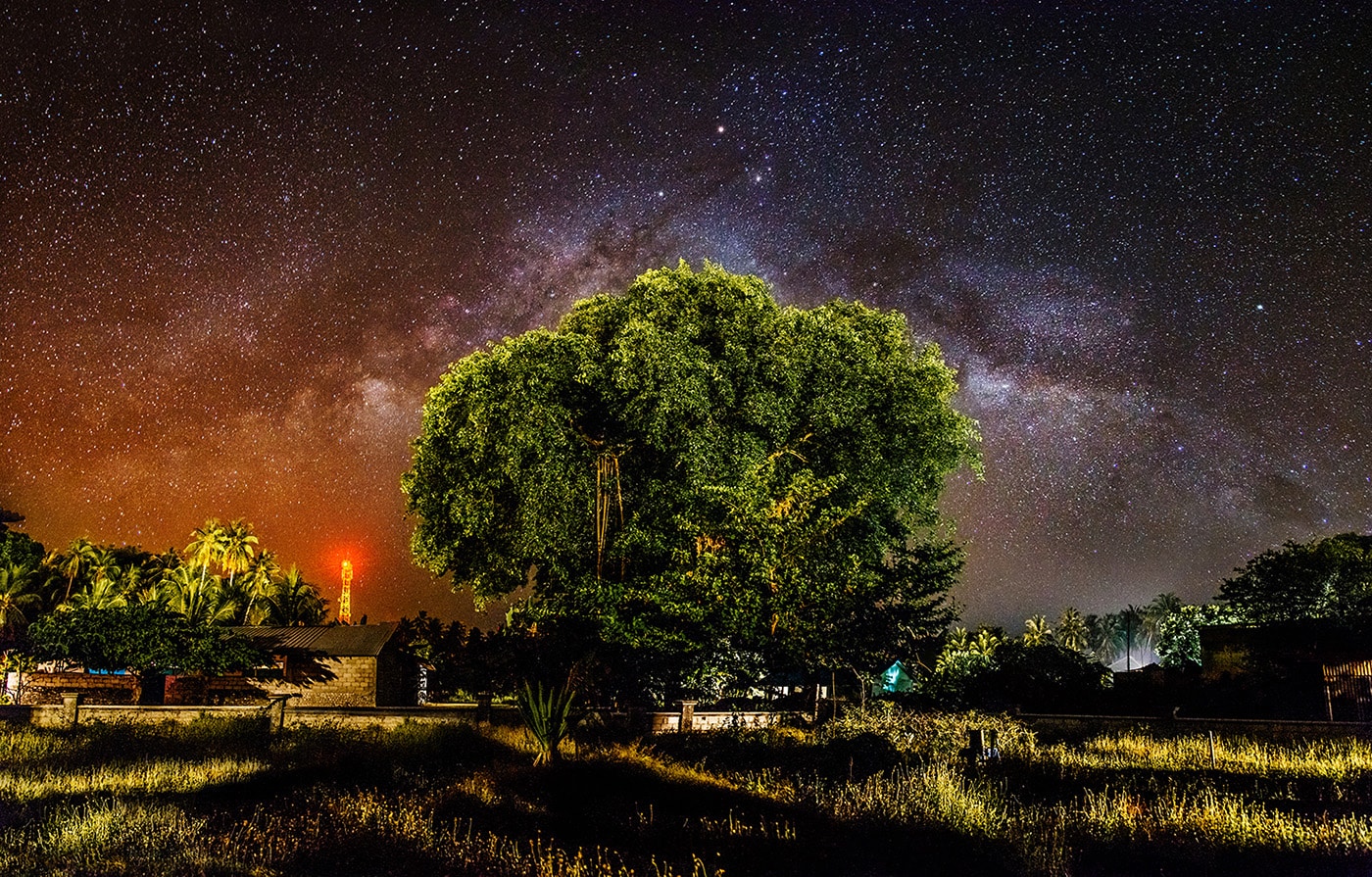Islands in the Dark

Words by Daniel Bosley; Pictures by Aishath Naj
Sunshine and romance. These are the things the Maldives is known for the world over. But what about when the lights go out on the tiny isolated isles?
Superstition and fear.
Long before the archipelago was repackaged as a holiday paradise, the cluster of islands were better known as a haven of superstition, with early visitors reporting the universal belief in spirits among a nation of ‘mighty magicians’.
Despite the rapid economic and social upheavals of recent decades, superstitions continue to form a part of everyday life.
Handi, jinn, fureytha, and dheyo still rise from the pages of folklore and stalk island communities. Fact and fiction continue to trade blows.
Police and the public alike still consult fanditha (white magic) experts, who can obtain official licenses from the Ministry of Health. Meanwhile, the practice of black magic (sihuru) still results in frequent arrests, despite the recently revised penal code not explicitly criminalising suspected sorcerers.
Though state-sanctioned executions for such practices have not been seen for over 60 years, fear and anger can still lead to violence and murder.
The sense of control given through the pseudo-scientific rituals likely originated as a way to cope with the atolls’ unpredictable natural phenomena. But life today seems to have introduced new anxieties, as has modern politics.
Cursed coconuts made international headlines during the last presidential election, while experts on group psychology would be needed to offer explanations for the erratic behaviour of whole classrooms of children.(Investigation into some reported incidents revealed pranksters at work).
In an isolated nation only recently opened up to the outside world, older beliefs that once used to fill the dark gaps in knowledge refuse to recede. New explanations are not welcomed while the older ones are still considered satisfactory.
Superstition, tradition and conformity combine to keep old practices alive.
Even in the bustling city, roaming jinn keep parents with young children inside at dusk, while some women will not shower after dark for fear of attracting lascivious spirits.
Vigilante action against so-called ‘jinn trees’ has been seen in both the capital and on the islands in recent years. The offending trees were accused of causing illness, though politics possessed both stories.
Pregnant women are kept in bed during an eclipse, while compliments to new mothers should be given with caution, as belief persists in the evil eye – esfinna – concept (which causes the opposite of what is said to come true).
Those who have never experienced a night in the islands, or who have spent too long in the bright and busy city, will scoff at such notions. But when the suffocating darkness falls out in the atolls…it’s hard not to be a believer.

Leave a comment